동심 영어로
1. 동심의 의미와 중요성
동심은 어린아이의 순수하고 순전한 마음을 의미합니다. 어릴 때 우리는 즐거운 상상력과 무한한 호기심을 가지고 삶을 즐깁니다. 하지만 성장하면서 유년기의 순수함과 자유로움을 잃어가는 경우가 많습니다. 동심을 가진 사람들은 어떤 상황에서도 유연하고 즐거운 마인드로 접근할 수 있으며, 창의적이고 자유로운 사고를 유지할 수 있습니다. 동심을 잃지 않고 유지하는 것은 우리 성장과 개발에 중요한 역할을 합니다.
2. 동심을 가지는 것의 장점
– 창의성 개발: 동심을 가지는 사람들은 상상력과 창의력이 풍부합니다. 문제 해결에 창의적인 해결책을 찾을 수 있으며, 새로운 아이디어와 영감을 얻을 수 있습니다.
– 열정과 의욕 유지: 동심을 가진 사람들은 어릴 때와 같은 열정과 의욕을 유지할 수 있습니다. 어떤 일에 대해 열정적이고 몰두할 수 있으며, 실패에도 긍정적으로 도전합니다.
– 새로운 경험 탐색: 동심을 가진 사람들은 새로운 경험을 탐색하고 즐길 용기를 갖고 있습니다. 새로운 도전과 모험을 통해 성장하며, 삶의 다양한 영역에서 즐거움을 느낄 수 있습니다.
3. 동심을 잃는 원인과 문제점
– 일상의 반복과 루틴: 성인들은 주로 일상적인 삶의 반복에 빠져있는 경우가 많습니다. 이에 따라 동심을 잃고 새로운 경험을 탐색하는 능력이 저하될 수 있습니다.
– 사회적 압력과 책임: 성인들은 사회적 압력과 책임에 노출되는 경우가 많습니다. 이로 인해 동심을 잃고 부담과 스트레스를 느끼는 경우가 있습니다.
– 외부 요인으로 인한 의심과 두려움: 성인이 되면서 규칙과 제한이 많아지기 때문에 동심을 잃고 걱정과 두려움이 생길 수 있습니다. 이로 인해 새로운 경험에 소극적이고 의심하는 태도를 가질 수 있습니다.
4. 동심을 유지하기 위한 방법
– 취미와 관심사 개발: 동심을 유지하기 위해서는 자신의 취미와 관심사를 개발하고 새로운 것들에 도전하는 것이 중요합니다. 자신에게 흥미로운 분야를 찾아서 적극적으로 참여하고 배우는 것이 필요합니다.
– 새로운 도전과 목표 설정: 동심을 유지하기 위해서는 새로운 도전과 목표를 설정하는 것이 중요합니다. 계속해서 새로운 도전에 도전하고 나아가는 것은 동심을 살려주는 좋은 방법입니다.
– 사람들과의 소통 및 사회적 활동 참여: 다양한 사람들과의 소통과 사회적 활동에 참여하여 새로운 아이디어를 얻고 동심을 유지할 수 있습니다. 사회적인 활동에 적극적으로 참여하여 자신을 발전시키고 성장할 수 있습니다.
5. 동심을 복원하기 위한 자기관리
– 스트레스 관리와 휴식: 동심을 복원하기 위해서는 스트레스 관리와 충분한 휴식이 필요합니다. 일상적인 스트레스를 관리하고 휴식을 취하면서 동심을 잃지 않고 유지할 수 있습니다.
– 명상과 마음의 안정: 명상과 마음의 안정을 통해 동심을 복원할 수 있습니다. 명상을 통해 자신의 내면을 탐구하고 마음을 안정시키면 동심을 되살릴 수 있습니다.
– 자기계발과 학습의지 유지: 자기계발과 학습의지를 유지하는 것은 동심을 복원하는 데 도움이 됩니다. 새로운 것을 배우고 자신을 계속 발전시키는 과정에서 동심을 찾을 수 있습니다.
6. 동심과 성공의 관계
– 동심을 통한 유연성과 적응력 강화: 동심을 가진 사람들은 새로운 상황에 대해 더욱 유연하고 적응력이 있습니다. 이는 동심을 통해 새로운 도전에 도전하는 자세를 갖게 되며, 성공에 더 가까워질 수 있습니다.
– 동심의 긍정적인 마인드셋과 자신감 향상: 동심을 가지면 긍정적인 마인드와 자신감을 갖게 됩니다. 이는 자신과 타인의 능력을 더욱 높이 평가하고 자신의 잠재력을 발휘할 수 있는 기회를 창출합니다.
– 동심을 통한 기회 탐색과 성취감 도달: 동심을 가지고 있는 사람들은 새로운 기회를 놓치지 않고 탐색하며, 성취감을 느낄 수 있습니다. 이는 성공과 만족감을 동시에 느낄 수 있게 해줍니다.
7. 동심을 강화하기 위한 필요한 환경 조성
– 자발적인 참여와 동기 부여: 동심을 강화하기 위해서는 자발적인 참여와 동기 부여가 필요합니다. 자신이 흥미를 갖는 분야에 참여하고 열정적으로 도전할 수 있는 환경을 조성해야 합니다.
– 영감을 주는 동료와 영향력 있는 모델: 동심을 강화하기 위해 영감을 주는 동료와 영향력 있는 모델을 찾아보는 것이 좋습니다. 다른 사람의 성공 이야기와 경험을 통해 자신의 동심을 유지하고 성장할 수 있습니다.
– 긍정적인 학습과 성장을 위한 자극적인 환경: 동심을 강화하기 위해서는 긍정적인 학습과 성장을 위한 자극적인 환경이 필요합니다. 자기 계발을 위해 도전적인 과제를 수행하며 지속적인 학습과 성장을 경험할 수 있도록 해야 합니다.
8. 동심을 재발견하는 방법
– 자신과의 소통과 질문: 동심을 재발견하기 위해서는 자신과의 소통과 질문이 필요합니다. 자신의 꿈과 열망을 탐구하고, 어릴 때의 즐거움과 가능성을 상기시켜야 합니다.
– 자기 발전을 위한 탐구와 실험: 동심을 재발견하기 위해서는 자기 발전을 위해 새로운 분야를 탐구하고 실험해야 합니다. 자신의 관심과 호기심을 따라 새로운 도전에 도전해보는 것이 좋습니다.
– 새로운 환경에의 도전과 사회적으로 유효한 기여: 동심을 재발견하기 위해서는 새로운 환경에 도전하고 사회적으로 유효한 방식으로 기여하는 것이 중요합니다. 새로운 경험을 통해 동심을 찾고, 타인에게 도움을 주는 활동을 통해 동심을 재활성화할 수 있습니다.
FAQs:
1. 동심으로 돌아가다 영어로는 무엇인가요?
동심으로 돌아가다 영어로는 “Return to innocence” 입니다.
2. 동심파괴 영어로는 무엇인가요?
동심파괴 영어로는 “Loss of innocence” 입니다.
3. 동심의 뜻은 무엇인가요?
동심은 어린아이의 순수하고 순전한 마음을 의미합니다. 그것은 어릴 때 우리가 가지고 있는 상상력과 호기심으로 가득한 마음을 말합니다.
4. Childlike innocence는 동심을 뜻하는 말인가요?
네, “Childlike innocence”는 동심을 뜻하는 말입니다. 이 표현은 어린아이처럼 순수하고 유쾌한 태도를 의미합니다.
5. “Innocence”는 동심을 뜻하는 단어인가요?
네, “Innocence”역시 동심을 뜻하는 단어입니다. 이 단어는 어린 시절의 순수성과 순진함을 나타냅니다.
사용자가 검색한 키워드: 동심 영어로 동심으로 돌아가다 영어로, 동심파괴 영어로, 동심 뜻, Childlike innocence, Innocence
Categories: Top 66 동심 영어로
[동심연구소키즈Tv] 잉글리시두_What Color Do You Like [Step 2-9]
여기에서 자세히 보기: taomalumdongtien.net
동심으로 돌아가다 영어로
Introduction:
As we grow older, we often find ourselves yearning for a simpler time, a period when our lives were filled with innocent joy and limitless imagination. 동심으로 돌아가다 (Dongsimeuro doragada), a Korean term often translated as “rekindling childhood memories,” encapsulates this nostalgic sentiment. This article explores the essence of 동심으로 돌아가다 and its significance in connecting with our inner child, delving into the specifics of the term and providing insights into how we can keep our youthful spirit alive.
Understanding 동심으로 돌아가다:
동심으로 돌아가다 is a Korean expression that combines two key elements: “동심” (dongsim) meaning “childhood” and “돌아가다” (doragada) translating to “to return” or “go back.” This phrase refers to the act of mentally or emotionally returning to one’s childhood or embracing childlike qualities and experiences, regardless of age. It emphasizes a longing to rekindle the sense of wonder, innocence, and joy that characterizes our early years.
The Significance of 동심으로 돌아가다:
1. Psychological Benefits: Engaging with our inner child can have profound psychological benefits. 동심으로 돌아가다 allows adults to temporarily escape the complexities of adulthood, reducing stress, anxiety, and even depression. By immersing ourselves in childlike activities, we tap into our inherent creativity, curiosity, and playfulness, while fostering a greater sense of happiness and overall well-being.
2. Nostalgia: 동심으로 돌아가다 stems from a sense of nostalgia, evoking warm and cherished memories. Recalling childhood experiences and revisiting activities from our past can evoke a powerful emotional response, transporting us back to a time of untainted joy and carefree existence. Such reminiscing can bring comfort, solace, and a renewed appreciation for the simple pleasures that once shaped our lives.
3. Strengthening Relationships: Engaging in 동심으로 돌아가다 activities can help strengthen relationships with others. It serves as a bridge, enabling intergenerational connections between adults and children as they engage in shared experiences, games, or hobbies. By embracing our inner child, we foster a relatability that enhances communication and builds connections with younger individuals.
Finding 동심으로 돌아가다 Moments in Everyday Life:
1. Rediscovering Hobbies: Exploring activities or hobbies we enjoyed as children can be a gateway to experiencing 동심으로 돌아가다. Whether it is painting, playing an instrument, or engaging in sports, these activities reintroduce us to our youthful passions and revive our sense of joy.
2. Indulging in Playfulness: Embracing spontaneity and playfulness in our daily routines allows us to experience moments of 동심으로 돌아가다. Trying out new games, enjoying outdoor adventures, or even engaging in imaginative play can instantly transport us to a world free of adult responsibilities and revive our dormant sense of wonder.
3. Embracing Curiosity: Encouraging a curiosity-driven mindset helps us approach life with the open-mindedness and excitement of a child. Asking questions, seeking new knowledge, and exploring unfamiliar territories expand our perspectives, enabling us to rediscover the sense of awe that accompanies 동심으로 돌아가다.
FAQs:
1. Isn’t 동심으로 돌아가다 simply “acting childish”?
No, 동심으로 돌아가다 is not synonymous with “acting childish.” While acting childish may involve immaturity, 동심으로 돌아가다 embodies a purposeful attempt to reconnect with the positive aspects of one’s childhood, such as playfulness, wonder, and creativity. It is a conscious choice to embrace the innocence and joy of youth, without detrimental effects or disregard for adult responsibilities.
2. Can 동심으로 돌아가다 be experienced by everyone?
Absolutely! 동심으로 돌아가다 is not limited by age or cultural background. It is a universal and innate desire to reconnect with one’s inner child, bringing forth the happiness and freedom that we experienced during our early years. Everyone can explore 동심으로 돌아가다 through various activities and attitudes that resonate with their individual preferences and memories.
3. Does 동심으로 돌아가다 have a therapeutic aspect?
Yes, 동심으로 돌아가다 has therapeutic qualities. Engaging in activities that evoke childhood memories, practicing creative outlets, and embracing playfulness can improve mental well-being. By reconnecting with our inner child, we create an outlet for stress relief, foster emotional healing, and enhance overall happiness and contentment in life.
Conclusion:
동심으로 돌아가다 acts as a reminder to cherish the essence of our childhood and incorporate its vibrancy into our adult lives. By actively seeking moments that evoke nostalgia, embracing playfulness and curiosity, and nurturing our inner creativity, we can experience the profound benefits of reconnecting with our inner child. 동심으로 돌아가다 allows us to appreciate the simplicity, happiness, and boundless possibilities that accompanied our younger selves, enriching our present lives and shaping a more fulfilling and joyful future.
동심파괴 영어로
Originating from the combination of the words “동심” (dongsim), meaning innocence or purity, and “파괴” (pagwa), meaning destruction, 동심파괴 reflects the inevitable loss of the carefree nature that childhood provides. It encapsulates the bittersweet process of growing up, where the pursuit of new experiences and responsibilities often results in the erosion of childlike wonder and optimism.
The manifestations of 동심파괴 are diverse and can be seen in various aspects of Korean culture. Popular narratives in literature, films, and television often depict characters undergoing 동심파괴 as they face the challenges of adulthood, confront harsh realities, and grapple with the loss of their innocent worldview.
In K-dramas, the theme of 동심파괴 is frequently explored, illustrating the struggles and conflicts faced by characters as they transition into adulthood. These narratives resonate deeply with audiences, who can identify with the characters grappling with the loss of their childhood ideals.
Similarly, literature often addresses 동심파괴 as a pivotal theme. Novels and poetry delve into the emotional journey of characters losing their innocence, exploring the associated pain, nostalgia, and disillusionment. These works evoke a sense of shared experience, allowing readers to reflect on their own personal encounters with 동심파괴.
Moreover, 동심파괴 extends beyond artistic expressions and permeates various aspects of everyday life. The pressures and expectations of Korean society often contribute to this phenomenon. As individuals transition from adolescence to adulthood, they are confronted with societal demands, such as excelling academically, securing stable employment, and establishing themselves within the competitive social fabric.
The educational system in South Korea, renowned for its rigidity and emphasis on academic achievement, also plays a significant role in fostering 동심파괴. The relentless pursuit of success can overshadow personal growth and hinder the preservation of one’s innocent worldview.
In popular culture, 동심파괴 is largely depicted as a negative experience, highlighting the emotional toll it can exact on individuals. However, it is important to note that 동심파괴 is not solely a detrimental process. It paves the way for personal growth, resilience, and an expanded understanding of the world.
Individuals experiencing 동심파괴 often grapple with questions of identity, purpose, and the difficult choices that accompany adulthood. While the loss of innocence may be accompanied by feelings of sadness and longing, it also grants individuals the opportunity to forge their own path and develop a more mature perspective.
FAQs:
Q: Is 동심파괴 exclusive to Korean culture?
A: While 동심파괴 is a term rooted in Korean culture, the concept of losing one’s childhood innocence is universal. Similar experiences can be found in cultures worldwide, although the specific manifestations and cultural contexts may differ.
Q: Can 동심파괴 be avoided?
A: It is natural and inevitable to experience 동심파괴 as one grows older. However, individuals can approach the process with awareness and mindfulness, allowing them to navigate it with greater resilience and self-reflection.
Q: How can one cope with 동심파괴?
A: Coping with 동심파괴 involves acknowledging and accepting the changes that come with growing up. It is essential to maintain a sense of curiosity, openness, and self-compassion amidst the challenging transitions.
Q: Is 동심파괴 reversible?
A: While the loss of innocence is irreversible, individuals can still embrace and cultivate a sense of childlike wonder in their lives. Engaging in activities that bring joy, nurturing meaningful relationships, and seeking new experiences can help preserve a sense of vitality and curiosity.
In conclusion, 동심파괴 is a captivating cultural concept that reflects the inevitable loss of childhood innocence during the transition into adulthood. It is manifested in various forms of artistic expression, literature, and everyday life experiences. While 동심파괴 can be emotionally challenging, it also presents an opportunity for personal growth and self-discovery. By navigating this process with awareness and resilience, individuals can find meaning and purpose in their journey towards adulthood.
주제와 관련된 이미지 동심 영어로
![[동심연구소키즈TV] 잉글리시두_What Color Do You Like [STEP 2-9] [동심연구소키즈TV] 잉글리시두_What Color Do You Like [STEP 2-9]](https://taomalumdongtien.net/wp-content/uploads/2023/06/hqdefault-1827.jpg)
동심 영어로 주제와 관련된 이미지 18개를 찾았습니다.










![청주동심 : [동심] 2023년 유치원 어린이집 영어강사 모집 | 더팀스 청주동심 : [동심] 2023년 유치원 어린이집 영어강사 모집 | 더팀스](https://www.theteams.kr/includes/uploads/recruit/%EC%B2%AD%EC%A3%BC%EB%8F%99%EC%8B%AC_20221013.png)







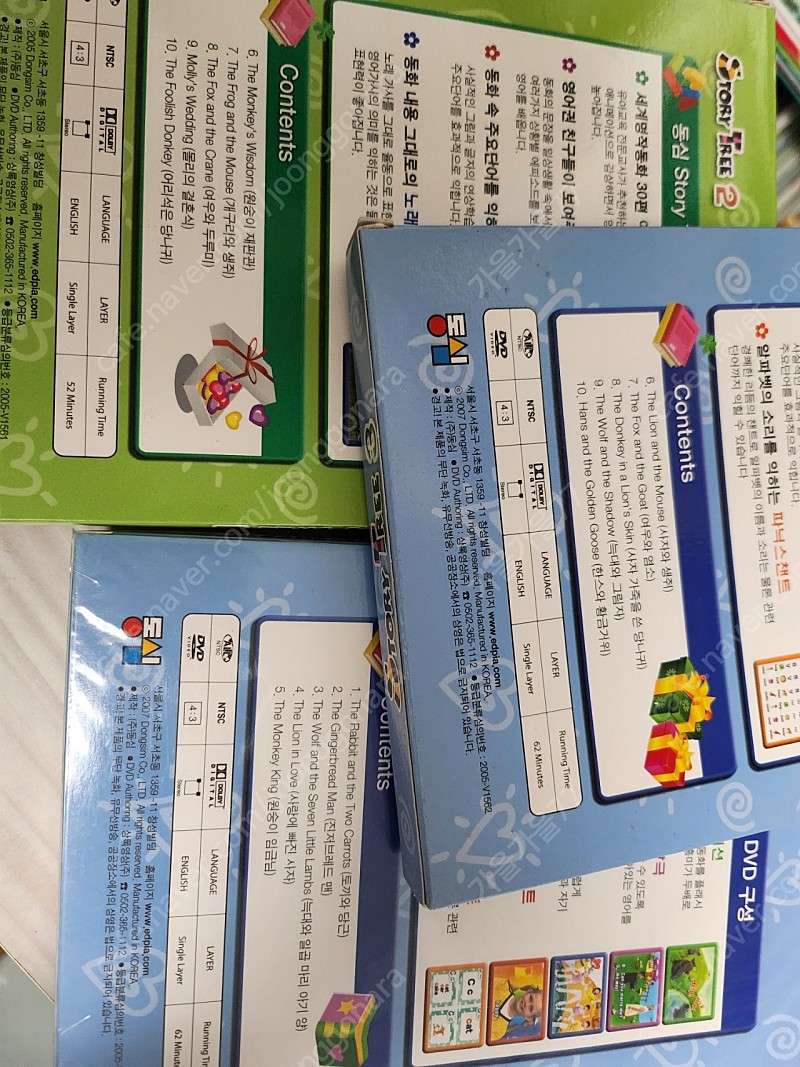

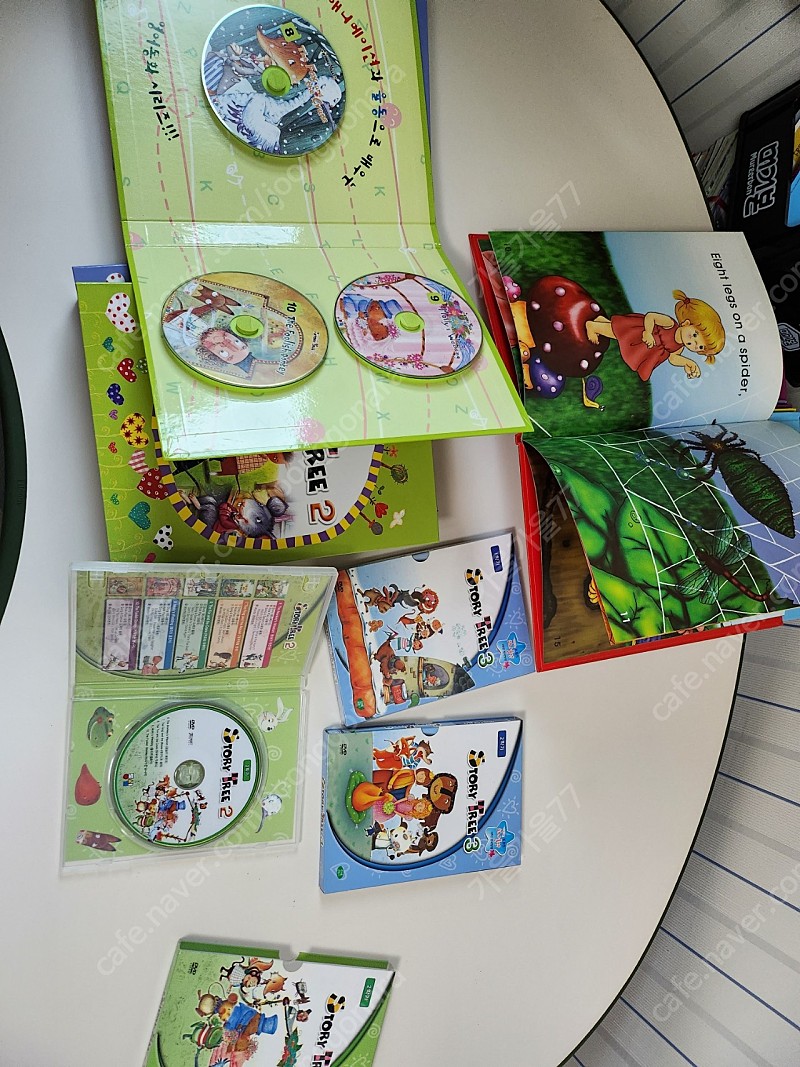




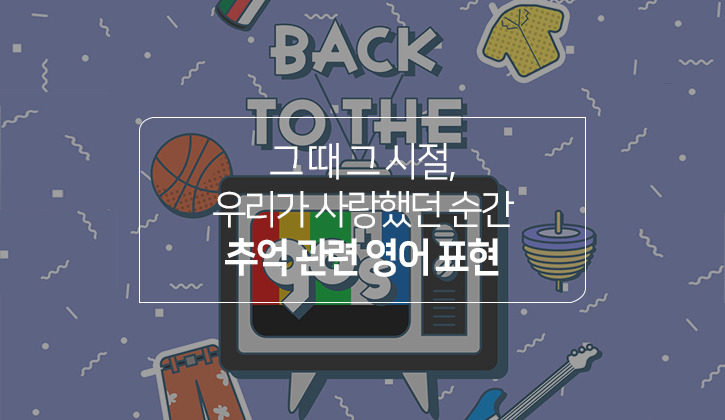





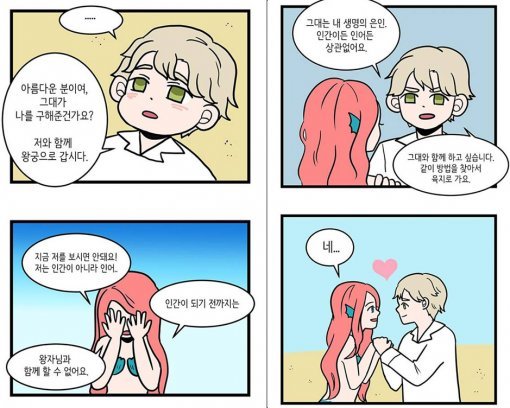

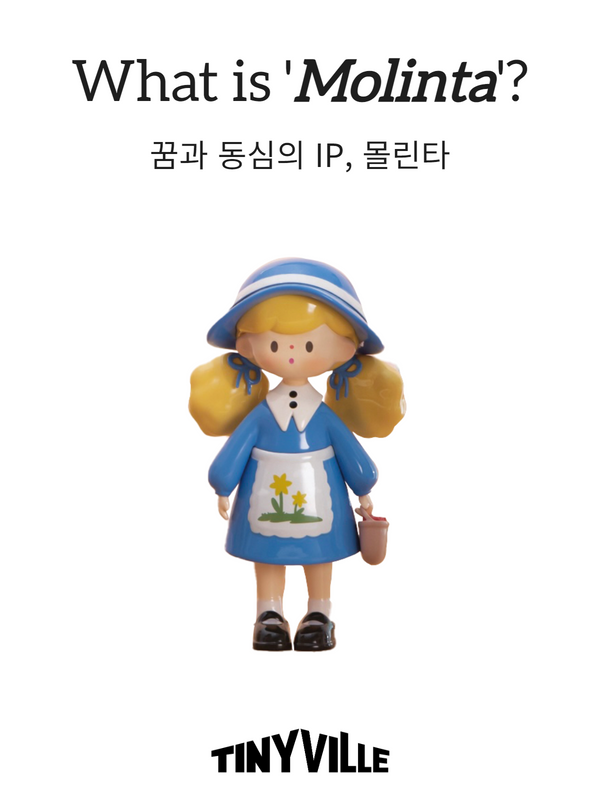


![서부동심] 김포.고양 영유아교육기관 (동심) 영어강사 모집합니다. - 사람인 서부동심] 김포.고양 영유아교육기관 (동심) 영어강사 모집합니다. - 사람인](https://pds.saramin.co.kr/company/logo/202209/22/ril626_mm5s-1ph0946_logo.jpg)


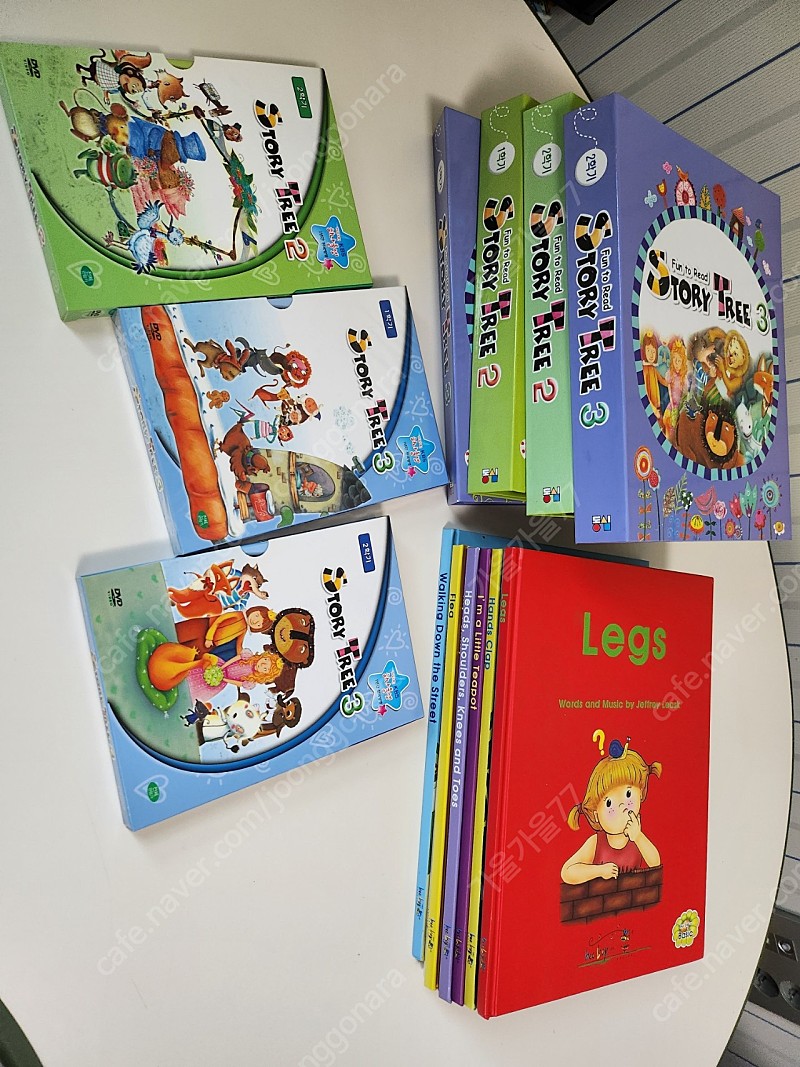


Article link: 동심 영어로.
주제에 대해 자세히 알아보기 동심 영어로.